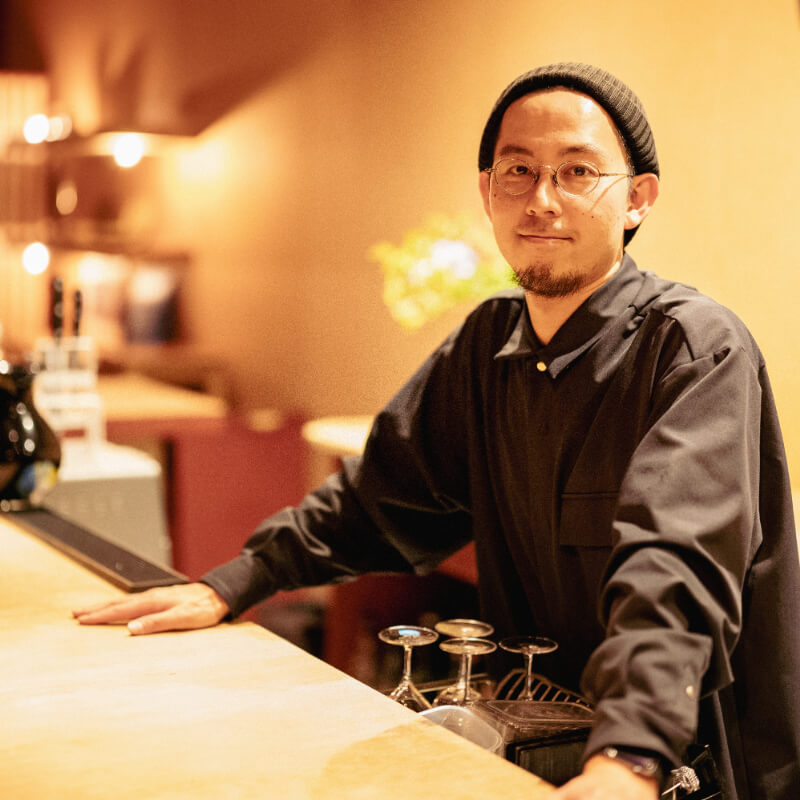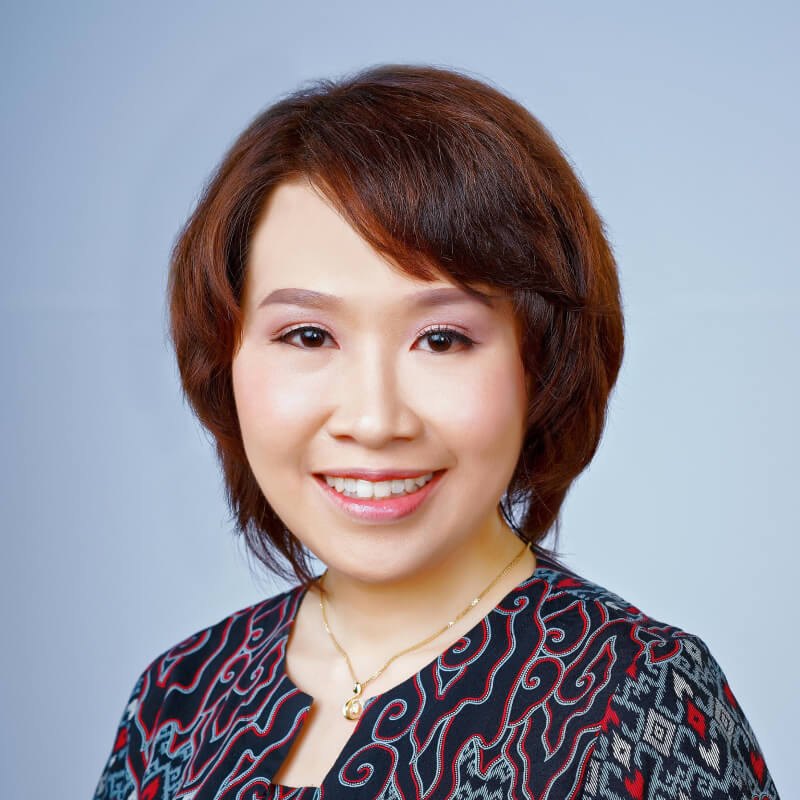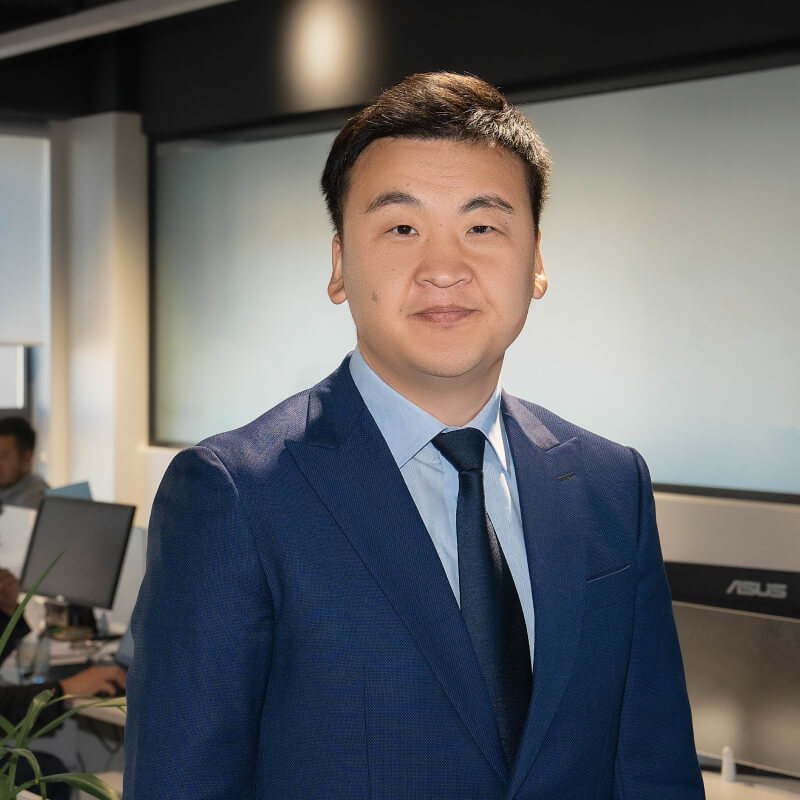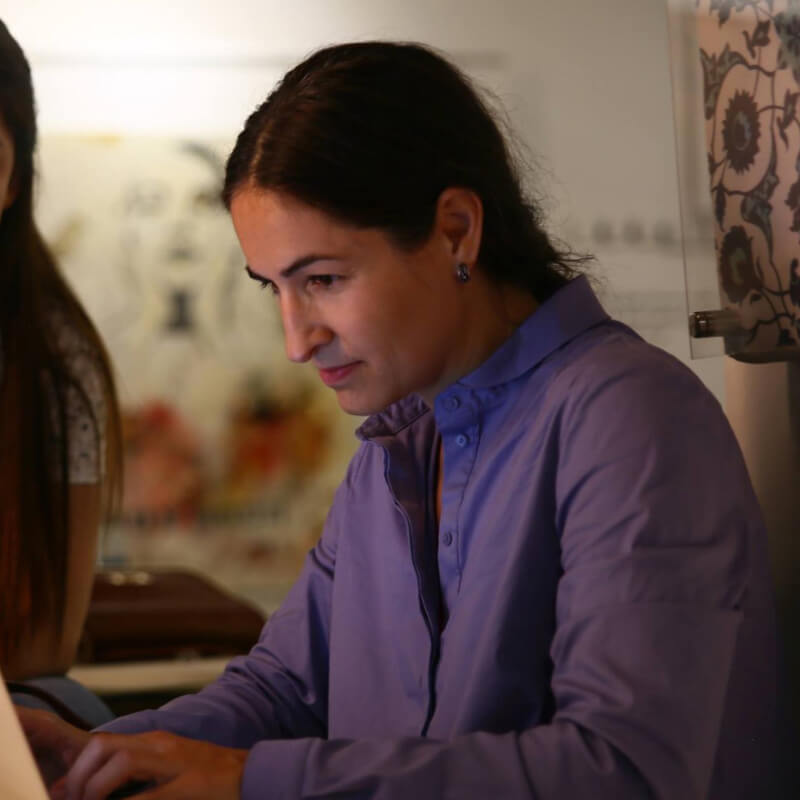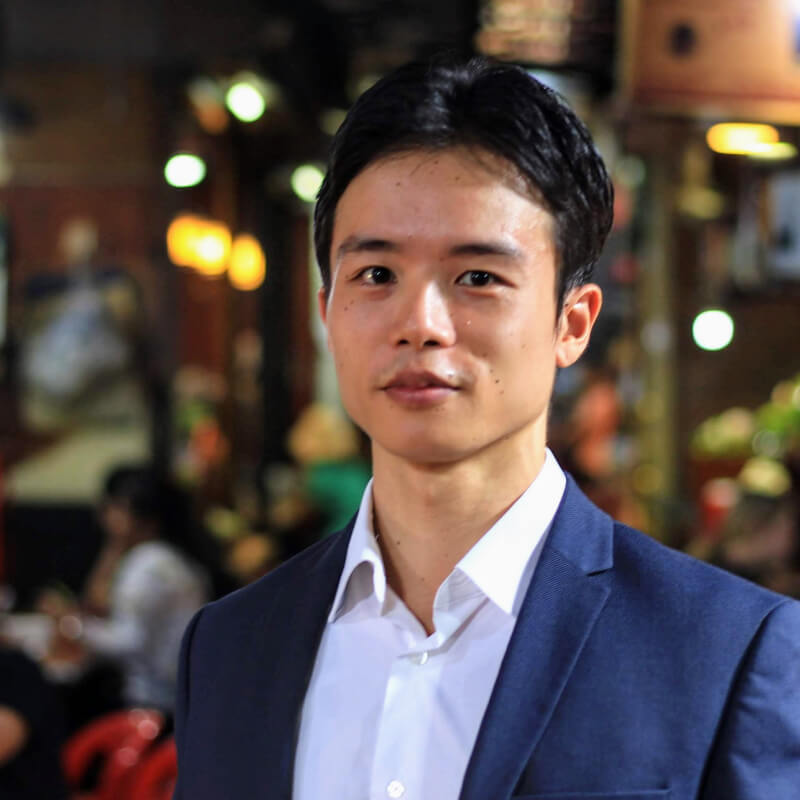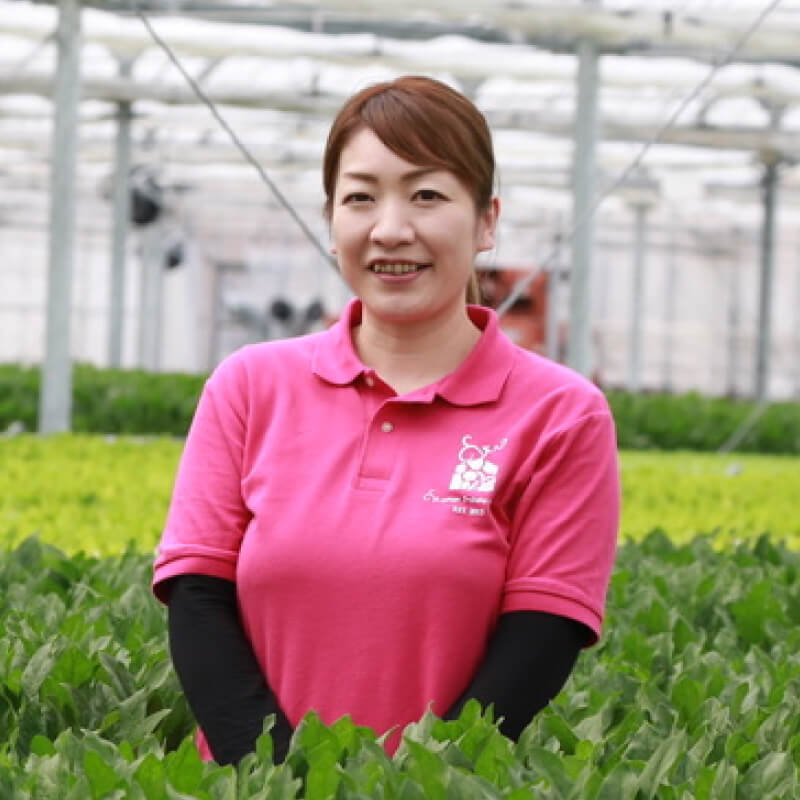
Creating a Work Environment
Where Women Thrive through Agriculture:
How Motherhood Led to Starting a Business
HIRAYAMA, AMI
Introduction
The Decision to Start a Business After Childbirth
After graduating from APU, I joined an electronics company in the Kansai region. I was inspired by the passionate entrepreneur leading the company, but the reality was far from what I had envisioned. In hindsight, I realize the importance of learning the basics in the first few years, but at the time, I quickly decided to change jobs and moved to a cosmetics company in Oita. I'm originally from Osaka, so I moved from Oita to Kansai for work, and then back to Oita again.
Another turning point came with my pregnancy and childbirth. Although my workplace had maternity and paternity leave policies, few people took advantage of them, and the atmosphere wasn't supportive of using them. That's when I started looking for a work style that suited me.
As a single mother, I was anxious about balancing parenting and work. Moving back near my parents in Osaka was an option, but I decided to explore the possibility of working and raising a child on my own without relying on them.
Initially, I looked for workplaces that accommodated parenting, but options were limited in the Oita area, unlike in larger metropolitan areas. The idea of leaving my child in someone else's care and working as a single mother in a company didn't seem feasible. This led me to consider starting my own business.
Hirayama explored her capabilities and possibilities by talking to various people, eventually leading her to agriculture.
In my conversations, I encountered a group discussing the creation of a new 'Michi-no-Eki', which means “Roadside Station” in Japanese. These roadside stations are located all over Japan and sell local vegetables and specialty products, making a significant contribution to the local economy. I joined the group's discussions and researched 'Michi-no-Eki,' imagining how such a place could enrich the community. It could increase income for local vegetable growers and attract tourists.
However, establishing a 'Michi-no-Eki' requires significant funds and governmental cooperation. We decided to start with something we could manage ourselves, which led to farming. This was my introduction to agriculture.
Inspired by parenthood and taking action to integrate into various communities, Hirayama’s candid storytelling reflects her natural, unpretentious demeanor. Curious about her student life at APU, we asked her about it.
At APU, I participated in a double degree program with Kyung Hee University in South Korea, spending two years of my four-year degree attending classes there. I studied Korean intensively in my first year in APU and struggled to keep up with classes in Korea, relying on help from friends. A phrase that has stayed with me from my time at APU, taught by Professor KIM Chan Hoe, is the Korean equivalent of 'Knock, and the door shall be opened to you.' This has become a guiding principle in my life. Although it may seem a bit old-fashioned, I've always been drawn to passion and perseverance.
Pursuing Profitable Agriculture
Hirayama, searching for a suitable work style, considered starting a business in agriculture, despite being a complete novice and not wanting to work in a weather-dependent or bug-infested environment. This ruled out traditional open-field farming.
Her path was significantly influenced by Takao Uehara, the president of Uehara Group, whom she describes as supportive of all diligent young individuals. He grows vegetables in Kunisaki City and delivers them nationwide, becoming a reassuring mentor for Hirayama. Uehara's advice, “If you’re going to do agriculture, it must be profitable,” resonated with her.
For me, profitable agriculture meant trying hydroponics, which involves growing vegetables in a controlled environment within a greenhouse, managing water, temperature, and nutrients. This method matched my preferences against dealing with bugs and weather. However, it required a substantial investment. In my case, it amounted to approximately 105 million yen, an impossible sum for me to gather personally.
I developed a business plan, sought out sales channels, and approached financial institutions. Despite being inexperienced, I was determined to seize this opportunity. The local financial institutions' initial support was crucial. Looking back, I marvel at my own determination and passion at that time.
Ultimately, I received subsidies from the prefecture and loans from financial institutions, thanks in part to Uehara's advice and the prospective sales channels I had identified during the planning stage.
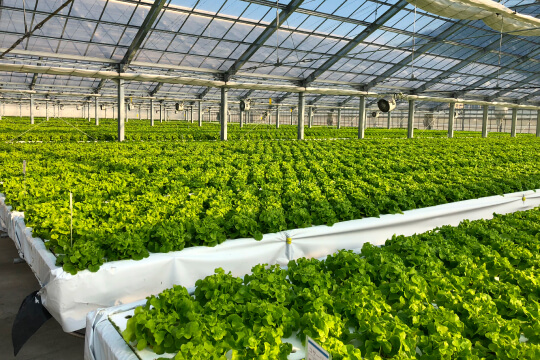
Creating a Female-Friendly Workplace
The business has been "unbelievably smooth" since its inception, achieving profitability in its first year—a rare feat for a startup with such significant investment. Hirayama's personal struggle to balance parenting and work fueled her dedication to creating a female-friendly workplace.
We have 25 female employees, including full-time and part-time workers. We focus on making our workplace conducive for women, though it's not exclusively for women. We ensure facilities like changing rooms are available and make it easy for employees to bring their children to work. Our team, spanning various generations of women, works in a harmonious and friendly atmosphere. I also participate in the operations.
The advantage of hydroponic farming is that it's not affected by weather, and since the vegetables are grown at a height above the ground, it reduces physical strain. The control of water, nutrients, and temperature is largely automated, making it easier for women to manage the work. However, the constant growth of vegetables can be challenging.
I often receive invitations to speak at conferences because we are a female-run agricultural business. Attendees sometimes express their surprise and interest in starting their own agricultural ventures. It's rewarding to think that our story could inspire new challenges for others.
Of course, like any workplace, we experience our share of minor conflicts among women. But we emphasize mutual respect and cooperation, as we're all connected by fate in this work. I discuss this during our daily morning meetings, and once a month, we order lunch boxes or hold a company-wide dinner to foster closer relationships among employees. Sometimes, we have our meals at a restaurant that serves dishes made with vegetables from Woman Make.
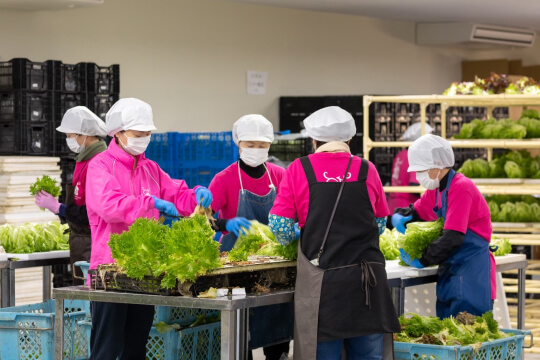
The company is proactive in hiring single mothers, recognizing the limited options available for women to work while raising children comfortably.
Single mothers face challenges in workplaces that demand fixed schedules and offer limited leave. They're often less likely to be hired as regular employees. In our company, morning meetings are flexible, and mothers can take off on school holidays. On such days, older employees joke, 'Today's average age is higher, so let's take it easy,' adjusting the pace and tasks accordingly.
Recently, a single mother who was a part-timer became a full-time employee, partly due to her child's upcoming college expenses. Since she still had a younger child and couldn't extend her working hours, we discussed and agreed that she would take on more responsibilities while maintaining similar working hours, which comes with a higher salary and social insurance benefits as a regular employee.
Understanding the perspective of others, encapsulated in the English expression "walking in someone else's shoes," is something Hirayama can do from her personal experience of working while parenting. This allows for thoughtful considerations and innovations in the workplace. We also discussed her short-term and long-term goals and challenges.
The immediate challenge is to maintain stable production during the summer and deliver quality vegetables to our customers. Managing the vegetables' growth during the hot months can be difficult, especially in recent years.
In the long term, I still dream of creating a place like a 'Michi-no-Eki.' If there were local outlets for selling produce, it would not only benefit Woman Make but also boost the income and motivation of local farmers and allow for the sale of non-agricultural products. Such a place could offer lessons and serve as a cultural center, attracting tourists, especially with Oita Airport nearby. It would invigorate the entire region, and my ultimate goal is to ensure that every child in our community grows up without worries and in good health. All these elements are interconnected. While I aim to diversify our business eventually, my current focus is on the tasks at hand and ensuring profitability.

